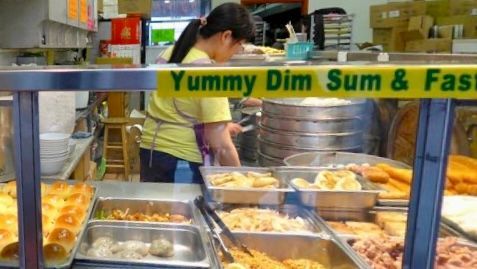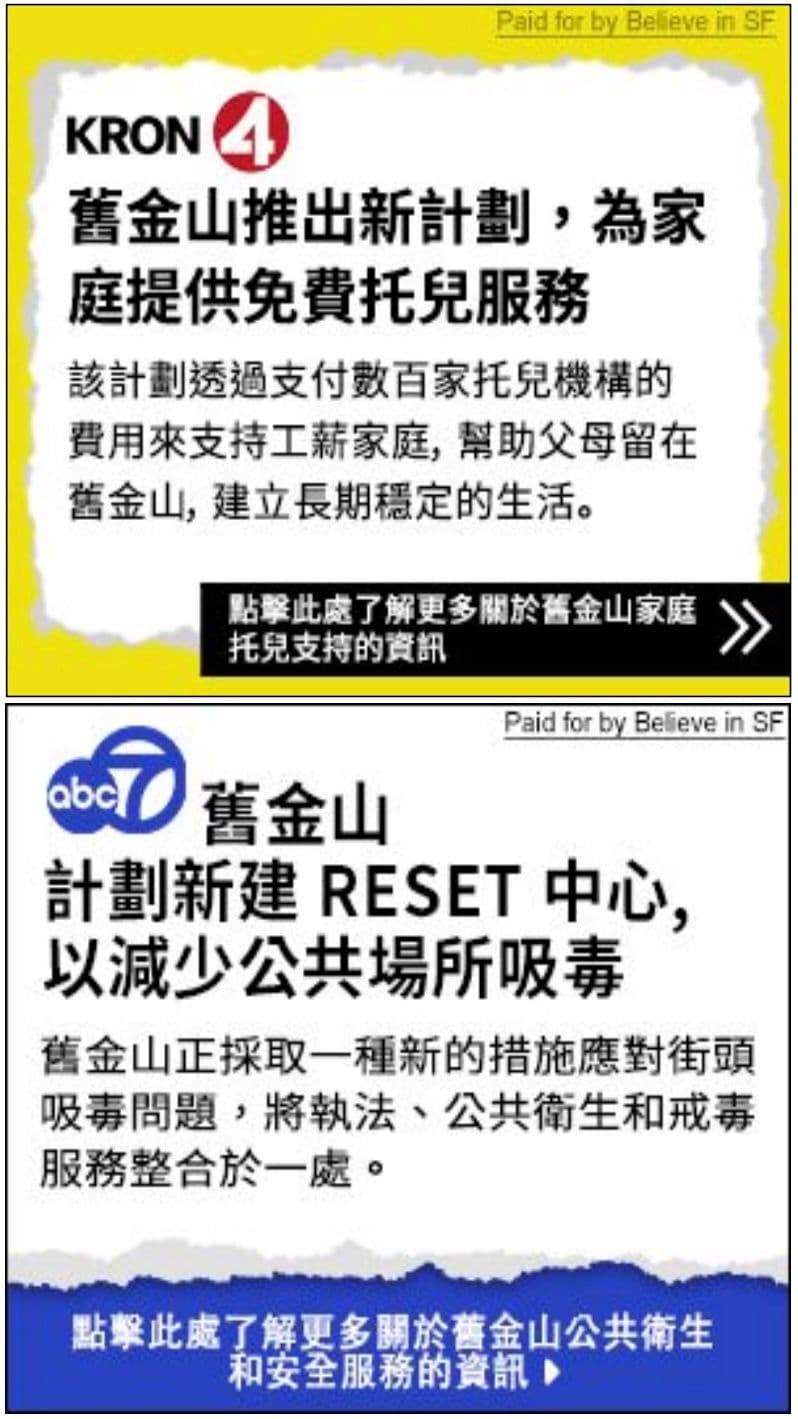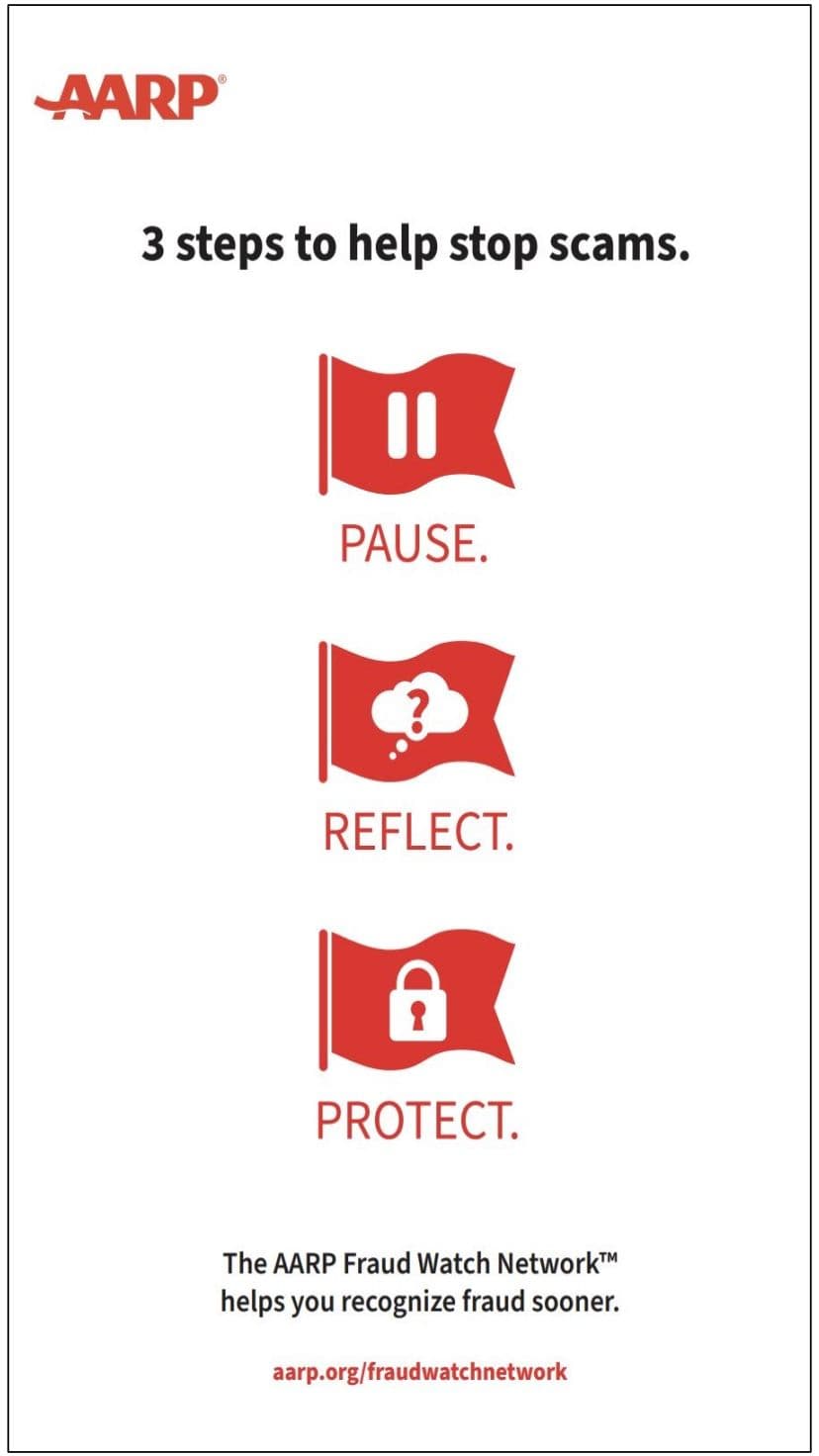New California law raises minimum wage for fast food workers to $20 per hour starting April 1, 2024, dim sum and bakery restaurants are exempted


(SAN FRANCISCO) A new law in California, AB 1228, has raised the minimum wage for fast food workers to $20 per hour starting April 1, 2024. There are some exemptions under this new law including the popular dim sum and bakery restaurants and cafes.
Since AB 1228 took effect on April 1, fast food workers in California have had the highest minimum wage in the industry nationwide.
Currently California’s minimum wage for all workers is $16 per hour, which is the third highest in the country behind $17 per hour in Washington D.C. and $16.28 per hour in Washington State.
Under AB 1228, the new law which was passed and signed by Governor Gavin Newsom in September 2023, also establishes a Fast Food Council to make future increases to the minimum wage and to adopt other minimum employment standards for fast food restaurants.
Local jurisdictions can set their own regular minimum wage by passing legislation. In San Francisco, its minimum wage has been raised to $18.07 presently. It will further increase to $18.67 starting July 1, 2024.
However, AB 1228 mandates that any cities or counties cannot pass ordinances setting a higher minimum wage only for fast food restaurant employees. It needs to be approved by the newly-created Fast Food Council in AB 1228. But the local governments can pass a higher minimum wage for all workers including the fast food employees.
AB 1228 applies only to employees of “fast food restaurants" which are defined as “limited-service restaurants” to offer limited or no table service, where the customers order food or beverage items and pay for those items before the items are consumed.
The employees who are able to earn the new minimum wage have to work at any restaurant chains of at least 60 establishments each nationwide.
Some exemptions are listed in AB 1228 including any restaurants that operate bakery to produce and sell "bread" as a stand-alone menu item; restaurants located within any “grocery establishments”; restaurants connected to or operating in conjunction with the following locations like airports, hotels, event centers, theme parks, museums, and gambling establishments.
It is estimated that more than 500,000 workers statewide in the fast food industry are benefited in the new law. Each restaurant owner is expected to pay about $400,000 more for the wage hike.
In response to the higher minimum wage, some large fast food restaurants including McDonald franchise restaurants have planned to raise their menu price to offset the wage increase.
Some McDonald franchisees told the news media that they have raised their food and drinks prices by 5% to 7% from this year to prepare for the new legislation.
Some restaurants have been slashing working hours or laying off workers to save the extra cost by AB 1228. The franchisees said they were also small business owners, not the large corporations.
Most of the Chinese restaurants and dim sum places are exempted from the new law. Some owners in San Francisco responded that the new minimum wage for fast food restaurant workers would make it even more difficult for them to hire workers. "It has not been easy to hire workers since the pandemic. The economy has been very slow in San Francisco. Now we even need to pay more to hire. We can't afford it," a restaurant owner said.
- San Francisco becomes a newest local partner of Dolly Parton’s Imagination Library in Bay Area to offer free books to all young children
- California state employees alarmed by demand to prove their citizenship or work eligibility
- “No Red Lanes on Ocean Avenue”, Chinese American merchants, residents and community members in San Francisco say
- Open Forum: Strong protest against unilateral street closure decision for SF Chinatown night market without merchant consultation
- Interim Police Chief Paul Yep honored for leadership with historic low crime rate and record high police hirings
- An increase in flu activity seen in SF Bay Area, experts recommend everyone aged 6 months and older to receive the flu vaccine
- SB 1234 is fully in effect in 2026 and requires employers to offer retirement plans to all employees, full-time, part-time & short-term
- Six power outages in Sunset District impact residents and businesses among strings of outages in San Francisco in Dec. 2025






